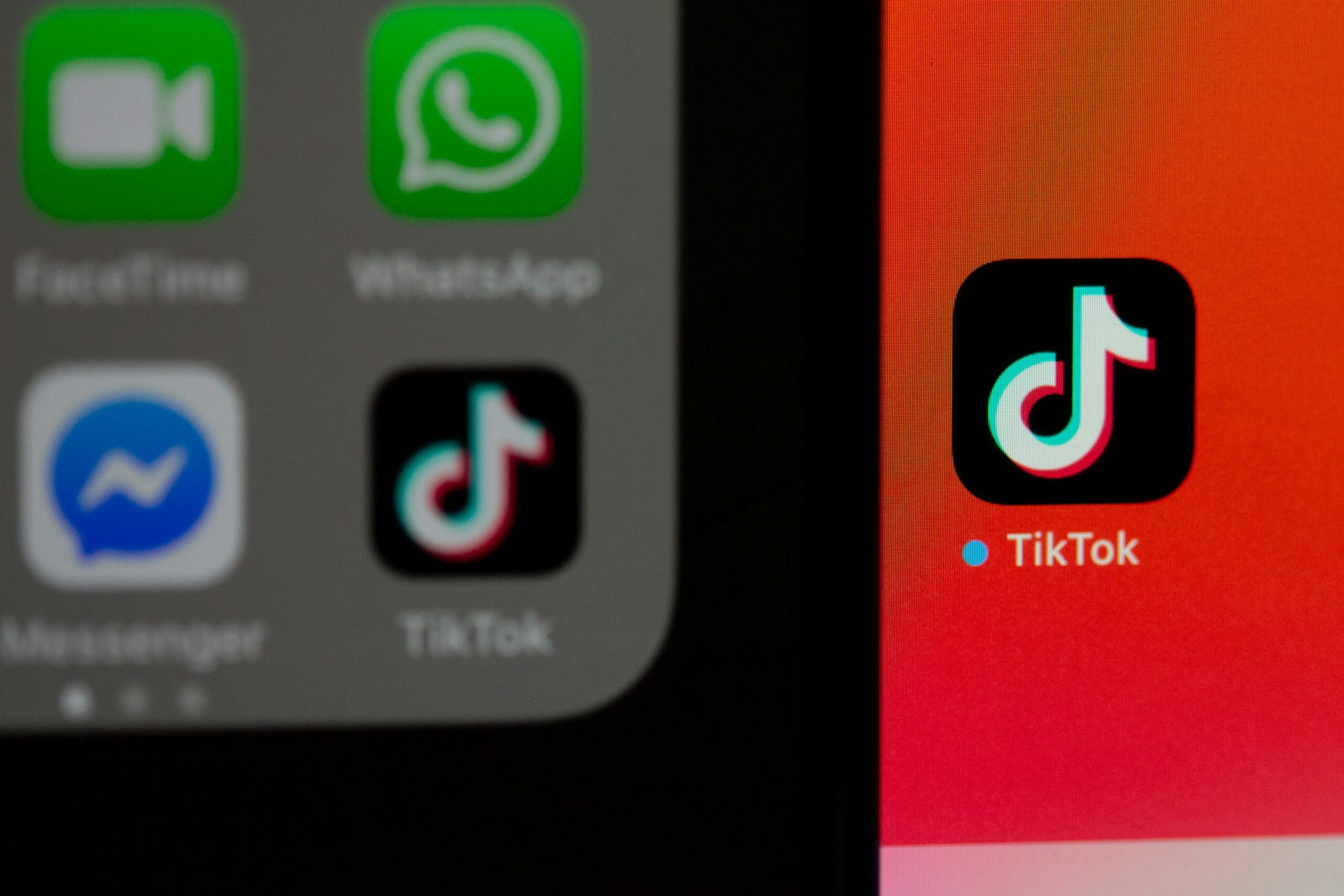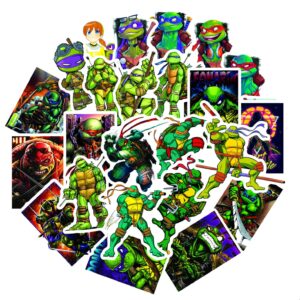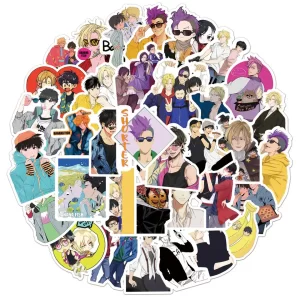In the ever-expanding universe of TikTok, grabbing attention is the ultimate challenge for content creators. Now, a wave of AI-generated conspiracy theories is sweeping the platform, all fueled by a tantalizing financial incentive program.
Imagine a world where outrageous claims and bizarre scenarios reign supreme, drawing viewers like moths to a flame. That’s the landscape of TikTok today, where creators are cashing in on controversy, courtesy of AI assistance.
The rise of conspiracy theory content isn’t just a coincidence; it’s a calculated move. Media Matters recently shed light on this phenomenon, highlighting how AI tools enable creators to fabricate sensational narratives effortlessly. By blending AI-generated imagery, subtitles, and voice-overs, creators concoct captivating content that keeps audiences hooked.
Take, for example, a hypothetical scenario where a scientist miraculously transforms by eating Play-Doh in a lab. It sounds absurd, yet entirely plausible in the realm of AI-generated conspiracies. With the recent launch of TikTok’s “Creativity Program Beta,” creators are incentivized to churn out such content, aiming for those elusive views that translate into cold, hard cash.
But here’s the catch: to qualify for monetization, videos must exceed 60 seconds, with viewers sticking around for at least five seconds. This prompts creators to craft videos with irresistible hooks, prolonging watch time with outrageous claims and dramatic flair.
Thanks to AI’s advancements, crafting these narratives has become a breeze. A concocted script, some flashy editing, and voila! A potentially lucrative video is born. While TikTok remains tight-lipped about exact earnings, estimates suggest creators could rake in substantial revenue for every thousand views.
Yet, TikTok isn’t the sole battleground for AI-generated content. YouTube Shorts, too, hosts its share of eerily similar videos, as creators diversify their platforms in pursuit of broader audiences and greater profits.
But it’s not just entertainment that’s leveraging AI’s prowess. Reports reveal gambling firms harnessing AI to tailor content and target users, a concerning trend amidst rising addiction rates.
Ultimately, the onus falls on platforms to curb the spread of AI-generated misinformation and safeguard users. However, with profits at stake, the allure of controversy may outweigh ethical considerations, perpetuating a cycle of sensationalism at the expense of truth and safety.
In the gaming blogosphere, where content is king, the TikTok conspiracy serves as a cautionary tale, reminding creators and audiences alike of the power and peril of AI-generated narratives. As the digital landscape evolves, navigating the fine line between entertainment and exploitation remains paramount.













